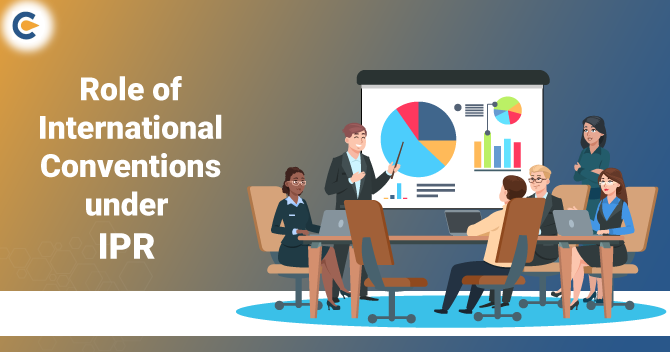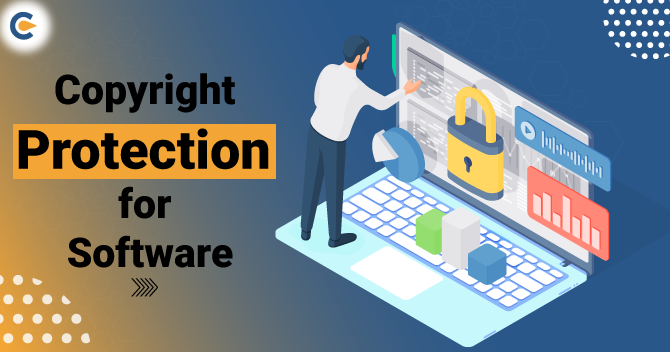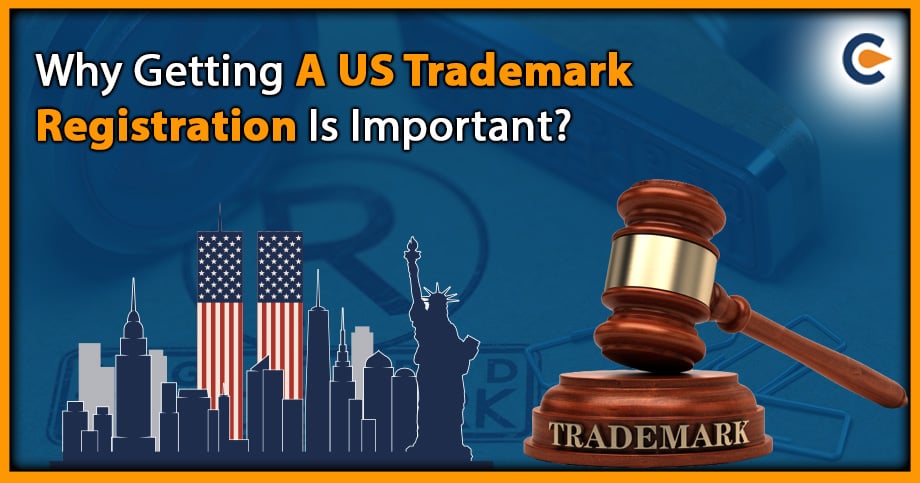The protection for intellectual property rights (IPR) worldwide is really important for the future economic growth and development for the countries. Intellectual property can be registered both in national and international dimensions. It includes common rules and regulations, International Conventions to achieve strong intellectual property protection which promotes global expansion and the growth of new technologies.
Defined Role of International Conventions various IPR
Intellectual property Right is a term referring to a brand, invention, design or other kinds of creation, which the person or business has legal rights over. Almost all businesses have some form of IPR which could be treated as a business asset.
Common types of IP include:-


International Conventions in Copyrights
India has been signatory of the Berne Convention. However, it is a good idea to register a copyright to prove ownership and one can claim damages against the infringers. In most cases, Copyright Registration in India is not necessary to claim copyright infringement in India. Under various international conventions, copyright gets protection in India as well. The (DIPP) Department now administers all Intellectual Property Rights for Industrial Property and Promotion. Internet piracy of films, games, music, and software was an issue in India, as is unauthorised copying of physical books. It protects written or published works such as books, songs, films, web content and artistic works.
International Conventions in Patents
India’s Patents Act of 1970, Patent Amendment Rules 2016 set out the law concerning patents in India. The regulatory authority is Patent Registrar for Patent Registration under the office of a Controller General of Patents, Designs & Trademarks, which is governed by India’s Ministry of Commerce & Industry[1].
Patents will be valid for a period of 20 years from the date of filing an application, subject to an annual renewal fee. The international patent law operates under the ‘first to file’ principle, such as if two people apply for the patent on an identical invention; the first who file an application will be awarded the patent. It protects commercial inventions, for example, a new business product or process.
International Conventions in Designs
The laws for designs are the Designs Act 2000 and the Designs Rules 2001. The Design Registration will be valid for a maximum period of ten years, renewable for a further 5 years. It protects designs, such as drawings or computer models.
International Conventions in Trademarks
Trademark is governed by the Trade Marks Act 1999 and the Trade Marks Rules of 2002 and 2017. Trademark Registration is important under trademark laws in India for protection of existing trade names and for those who wish to trade under their own registered name. It is advisable to rights owners to register their domain names in as trademarks as soon as possible. A trademark in India will be valid for ten years and can be renewed after that for further 10 years. It protects signs, symbols, logos, words or sounds that distinguish the products and services from those of the competitors.
Treaties and Reciprocal Agreements
Presently, India is not a signatory of the Hague Agreement, as that allows the protection to designs in multiple countries by a single filing. However, India is a signatory to the following international conventions:-
- Paris Convention– Any person from a signatory state can apply for the patent or trademark in any other signatory state. It will be given the same enforcement rights, and status as the national laws would have given to that patent or trademark.
- Berne Convention– Each member of signatory state is bound to recognise the copyright of authors from other member states in a same way as of its nationals.
- Madrid Protocol– A person can file the single trademark application at their national office that will provide protection in multiple countries.
- Patent Cooperation Treaty– It is a central system for obtaining a ‘bundle’ of national applications in different jurisdictions by a single application.
Read our article:National IPR Policy: A Complete Guide
Role of United Nation Organisation in the development of IPR
The majority countries which are the members of UNO take different approaches for the protection and development of Intellectual Property Rights to encourage innovations and creativity which is considered to be an important source of long- runs economic growth. The UNO plays an essential role in the development and protection of IPR with the help of the (WIPO) World Intellectual Property Organization which is one of the most significant and important organisations among all 16 organisations working under UNO. WIPO aims to protect and promote IPR worldwide and to insure, utility model, mark or industrial design.
The International Conventions lay down a few common rules that all Contracting States must follow. The most important are:
Patents: Patents are granted in the different Contracting States for the same invention, which is independent of each other. The granting of the patent in one Contracting State does not oblige the other Contracting States to grant a patent. The patent cannot be, annulled, refused or terminated in other Contracting State on the ground that it has been annulled or refused or has terminated in any other Contracting State. Each Contracting State that takes legislative measures for granting of compulsory licenses to prevent the abuses which might result from an exclusive right conferred by a patent do so only under certain conditions.
Trademarks: The Paris Convention does not regulate the conditions for the filing and registration of trademarks which are determined in every Contracting State by its national law.
Industrial Designs: The Industrial designs must be protected in every Contracting State. The protection may not be forfeited on the ground that the articles incorporating the design are not manufactured in that State.
Trade Names: The protection must be granted to the trade names in each Contracting State without any obligation to file or register the names.
Indications of Source: Each Contracting State must take measures against direct or indirect use of the false indication of a source of goods or the identity of their producer, manufacturer or trader.
Unfair competition: Each Contracting State must provide effective protection against unfair competition.
Registering & Enforcing Intellectual Property Rights
To enjoy the protection of intellectual property rights, one can also take International Trademark registration.
- Individual registration can be made in India regarding patents. Still, for rights other than industrial designs, one can apply under the terms of the Patent Cooperation Treaty, and it is easier and quicker.
- For trademarks, one must register them within India, either through the domestic trademark system or under the Madrid portal.
- For copyright, no individual registration is required but registering copyrights with the copyright authorities is important.
- ‘Priority rights’ under a Paris Convention can help in the local registration of trademarks, designs and patents by allowing rights previously registered elsewhere will become effective.
Conclusion
Based on their economic functions, intellectual property rights can be broadly categorised into, patents and copyrights which serve to bridge a gap between the social value and private value of innovations. The other trademarks can merely distinguish from their origin and quality of goods and services. In TRIPS Agreement which comprehensively prescribes minimum standards for the protection of the degree of ‘domestic’ legislative discretion with the contracting member states.
Signatory states are left to determine the best way of implementing the Agreement within their own legal system and practice (whether with enacting or merely amending legislation). The text is subject to several “may” provisions and many operative terms and standards are undefined. India has sought to define these standards with reference to its domestic conditions and has an efficient and effective intellectual property regime.
Read our article:A Complete Overview of International Rules in Indian IPR Law











